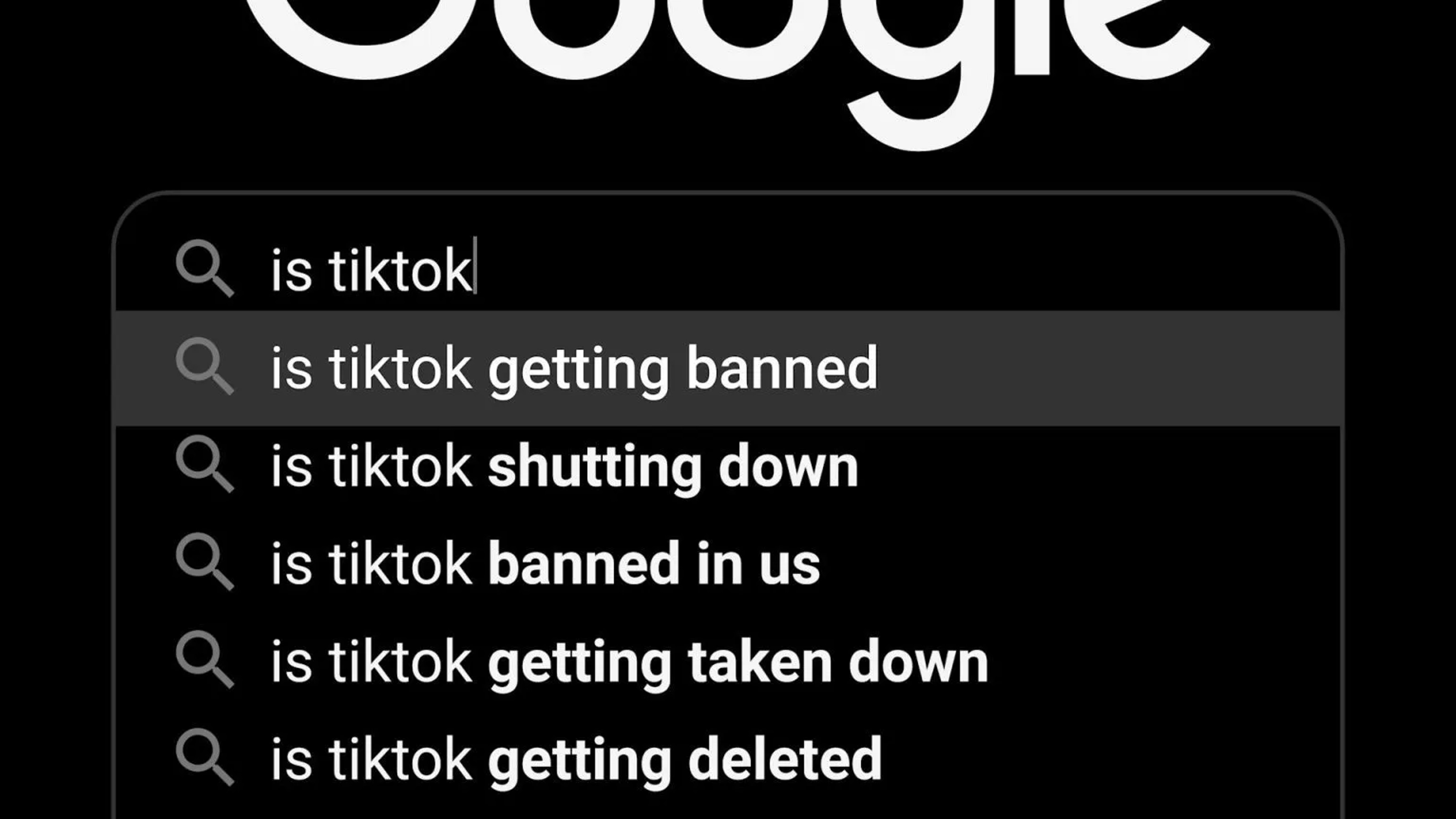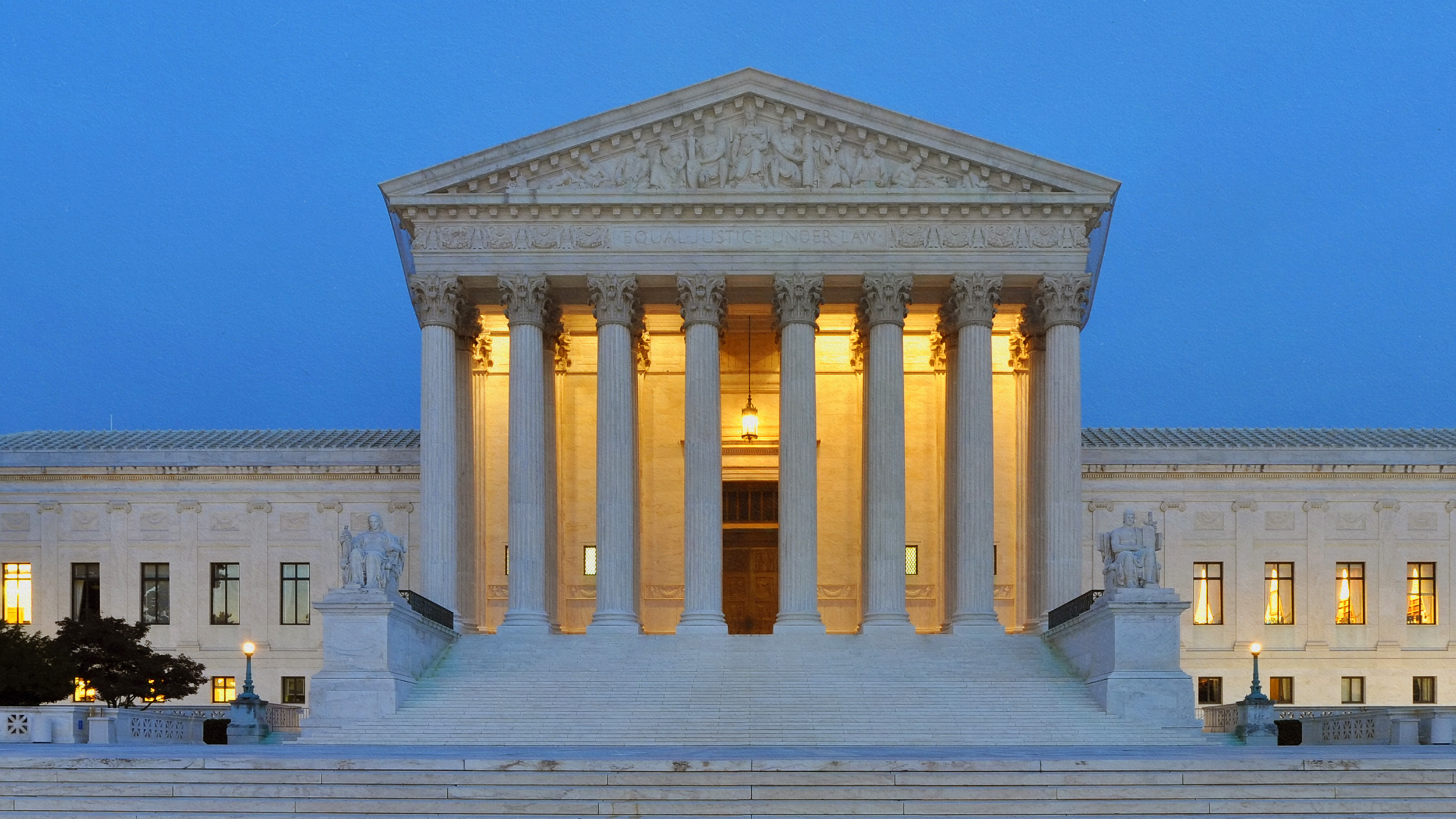Chief Justice Roberts’ Civics Lesson

In the avalanche of analysis and speculation about Chief Justice Roberts’ stunning decision to side with the Supreme Court’s liberal wing to uphold Obama’s healthcare law, one strain paints Roberts as a Machiavellian: the victory for the president and his supporters masks a jurisprudential defeat laying the groundwork for future limits on congressional power to regulate commerce and culminating in a conservative revolution in government. This is the approach of Will Wilkinson and Randy Barnett: conservatives may have won by losing.
It is also the suggestion of Chris Geidner, writing in the Daily Beast, who points out some fascinating similarities between yesterday’s ruling and the Marbury v. Madison decision of 1803:
[B]oth Marshall and Roberts were writing their opinions in the face of intense political pressure and competing views of the proper scope of government power. In 1803, as Goldstone wrote, “Marshall found a way through the thicket.” Roberts did the same today. How did they do it? In both cases, they started out with a nod to the opposition….Next, each man issued his ruling in favor of the president, but simultaneously protected another interest. In Marbury, Marshall struck down the law at issue, which resulted in a rejection of Marbury’s claim. This prevented Jefferson from losing the suit, but also provided Marshall with a win for the federalists’ aim to strengthen the judiciary. Today, Roberts upheld the individual mandate under the federal constitutional authority to tax, which resulted in a rejection of the mandate opponents’ claims. This gave Obama a clear win on health care, but laid a potential trap for future congressional efforts to regulate commerce.
These parallels struck me as well when reading Chief Justice Roberts’ opinion yesterday. Roberts has often stated how much he admires Chief Justice Marshall, and his surprise move on Thursday fooled several networks into thinking he had ruled the other way, just as the first few pages of Marbury v. Madison seemed to signal a defeat for President Jefferson, whose secretary of state (James Madison) had refused to give John Marbury a judgeship President Adams appointed him to on his way out of office.
But the historical circumstances and political context behind the two cases are hugely different. In 1803, the Supreme Court did not yet deserve its name. No one took it seriously as a co-equal branch of the federal government. And before Marshall’s brilliant decision, it had no power to review the constitutionality of legislation. Marshall asserted the power of judicial review in that decision, and put the Federalists on notice that he would be watching them closely, even as he handed President Jefferson an apparent victory.
Two hundred and nine years later, thanks in part to Marshall’s boldness, the power of the Supreme Court is undoubted — this is why the entire country was sitting on the edge of its seat yesterday morning at 10:00. Any claims about a “crisis of legitimacy” on the Court in the wake of Bush v. Gore and Citizens United are, as Wilkinson observes, really cries of exasperation about “a series of decisions I don’t like.” In 1803, Marshall had a real legitimacy crisis on his hands, and he crafted his Marbury decision to power past it and establish the Supreme Court as an institution worthy of its name.
So Roberts was not saving the Supreme Court for the generations to come by ruling the way he did yesterday. Nor, I think, was he cunningly setting the stage for a libertarian revolution. Greider quotes two commentators who bear this out:
“It will have almost no effect on legislation moving forward, because the opinion makes clear that what you can’t do through the Commerce Clause, you can do through the General Welfare Clause,” Jack Balkin, a professor at Yale Law School, told The Daily Beast.…William Marshall, a former deputy White House counsel, likewise told The Daily Beast, “This is a very rare instance in which Congress believed there was a need to regulate inactivity in order to achieve its goals and I am not sure that there are likely to be many others.”
A less expansive Commerce Clause, then, isn’t anything like a guarantee of smaller government in the long term. Even if Roberts were so crass and so contrary to his stated principles of judicial neutrality that he would imprint his personal political agenda into a Supreme Court decision — and yes, I know some of you think he is that crass — it seems very odd to credit Roberts with this “lose the battle, win the war” mentality.
My initial, partial take on Roberts’ motives turns to the concerns of another jurist: Chief Justice Earl Warren, who presided over the court during Brown v. Board of Education in 1954. Warren wrote a short, elegant, nearly legalese-free opinion in this landmark desegregation case because he wanted American schoolchildren to understand the principles behind it. Yesterday’s decision by Roberts was considerably longer and more doctrinally involved, but its first six pages represent something strikingly similar: a highly readable lesson in the history and theory of federalism.
Roberts’ introduction explains the origin of enumerated powers in the Constitution; recalls Alexander Hamilton’s claim in Federalist 84 that a Bill of Rights may be unnecessary as a check on government power; distinguishes the nature of state legislative power from that of Congress; lays out the Commerce Clause and the General Welfare Clause as two sources of congressional legislation; and notes that “deference in matters of policy cannot, however, become abdication in matters of law.”
Everyone should read these six pages for an excellent primer on basic principles of American government. High school civics teachers should make it required reading for their courses. Every newspaper in the land should reprint it. Whatever he was thinking when he voted to uphold the healthcare law, it seems far-fetched to paint him as a modern-day Sun Tzu. This decision, as Walter Russell Mead wrote today, is evidence of “judicial statesmanship,” not the work of an ideologue.
Follow Steven Mazie on Twitter: @stevenmazie





